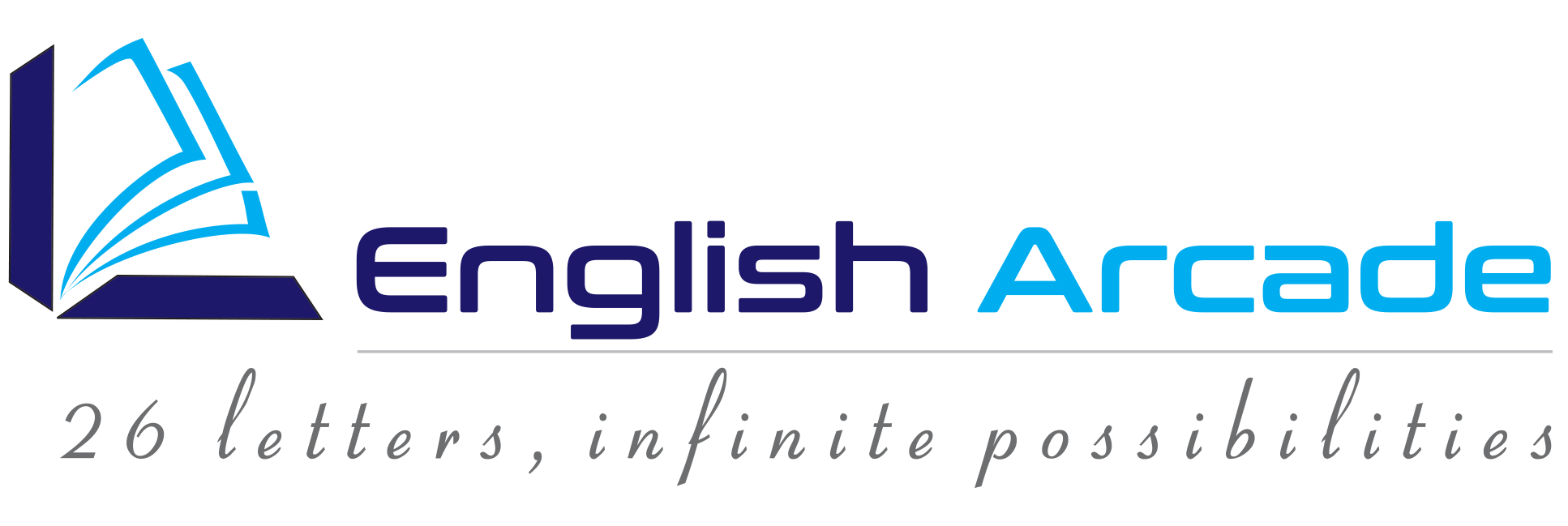In today’s fast-paced and ever-evolving workplaces, the concept of continuous learning has become more than just a buzzword; it is now a fundamental necessity for both individuals and organizations to thrive. As technology advances, industries evolve, and job roles transform, the ability to adapt and learn continuously has emerged as a highly critical, as well as a valuable skill set. Let’s explore why continuous learning is indispensable in today’s workplace and how it contributes to personal and organizational success.
Adaptability in a Rapidly Changing World:
One of the primary reasons as to why continuous learning is crucial, is the rapid pace of change in today’s world. Technologies continue to evolve, market trends shift, and new challenges arise, sometimes with alarming regularity. Remaining relevant and competitive requires individuals to adopt a mindset of continual learning. This involves being open to acquiring new skills, updating existing knowledge, and constantly staying abreast of industry developments. Employees who prioritize continuous learning are better equipped to navigate change, seize opportunities, and contribute meaningfully to their organizations.
Skill Development and Career Growth:
Continuous learning is a great catalyst for skill development and career growth. In today’s dynamic job market, the demand for specific skills can fluctuate rapidly. Investing time and effort in continuous learning will enable individuals to acquire new skills or enhance existing ones, thereby making themselves more valuable to employers. This opens up opportunities for career advancement, while increasing job security and marketability. Continuous learners come across as proactive, resourceful, and adaptable. Exactly the qualities that are highly sought after in today’s workforce!
Innovation and Problem-Solving:

Building and encouraging a culture of continuous learning fosters innovation and problem-solving within organizations. When employees are encouraged to explore new ideas, experiment with different approaches, and learn from both successes and failures, it drives a culture of innovation. Continuous learners are more likely to think creatively, identify opportunities for improvement, and contribute innovative solutions to challenges. This innovative mindset can lead to competitive advantages, improved processes, and enhanced customer experiences.
The Role of Lifelong Learning:
Continuous learning extends beyond the workplace and into a lifetime of learning. In today’s knowledge-based economy, learning is a lifelong journey that extends beyond formal education. Lifelong learners are self-motivated, curious, and proactive in seeking new skills and knowledge throughout their lives. They tend to embrace learning opportunities outside traditional settings, such as workshops, online courses, self-paced learning modules, seminars, and networking events. Lifelong learning most certainly enhances personal growth and fulfilments, but also keeps individuals agile and competitive in a rapidly changing world.
Benefits for Individuals:
Continuous learning offers numerous benefits for individual employees:
Skill Enhancement: Employees who engage in continual learning initiatives can enhance their existing skills and acquire new ones. This not only makes them more versatile but also increases their value within the organization.
Career Growth: Continuous learners are more likely to advance in their careers. They demonstrate a commitment to growth and development, leading to new opportunities and promotions.
Adaptability: Adaptability is very important in any environment that is constantly and swiftly changing. Continuous learners are better equipped to handle change, they adapt to new technologies quickly, and absolutely thrive in dynamic roles.
Job Satisfaction: Learning and growing while on the job contribute to significantly higher job satisfaction levels. Employees feel fulfilled and motivated when they have opportunities to expand their knowledge and skills.
Benefits for Organizations:
Organizations that foster a culture of continuous can leverage several advantages:
Increased Productivity: Employees who continuously learn and enhance their skills tend to be more productive. They bring fresh ideas, newer problem-solving techniques, and efficiencies to their roles, driving overall productivity.
Innovation: Continuous learners are often more innovative. Thinking outside the box, exploring new solutions, and contributing to a culture of innovation within the organization are all typical traits of such people.
Employee Retention: Organizations that invest in employee development and regularly offer continuous learning opportunities are more likely to retain top talent. Employees feel valued and are more likely to stay with a company that is supportive of their growth.
Competitive Advantage: A workforce that constantly learns and evolves will give the organization a competitive edge. Adapting quickly to market changes, staying ahead of industry trends, and outperforming competitors come naturally to such organizations.
Strategies for Implementing Continuous Learning
Offer Diverse Learning Opportunities: Provide an extensive range of learning options, including workshops, seminars, online courses, mentorship programs, and on-the-job training. Cater and customize everything to different learning styles and preferences.
Encourage a Growth Mindset: Foster a culture where learning is not only encouraged but also celebrated. Encouraging employees to take ownership of their development and pursue continuous learning opportunities is a huge plus point for any organization.
Provide Resources and Support: Invest in resources such as learning management systems (LMS), access to online courses, and educational materials. Provide enough time and support for employees to engage in appropriate learning activities.
Set Clear Goals: Align employees’ learning objectives with organizational goals. Clearly define learning paths and goals for employees, ensuring that learning initiatives contribute to overall business objectives.
Promote Knowledge Sharing: Encourage knowledge sharing and collaboration at all levels among employees. Create opportunities for cross-functional learning and sharing best practices between different business units wherever possible and applicable.

Continuous learning is the cornerstone of success in today’s fast-paced and competitive workplace. It benefits individuals and organizations by enhancing skills, driving innovation, increasing productivity, and fostering a culture of growth and development. Organizations should prioritize continuous learning initiatives and investing in employee development, thereby positioning themselves for long-term success in a business landscape that is forever changing and constantly evolving.

